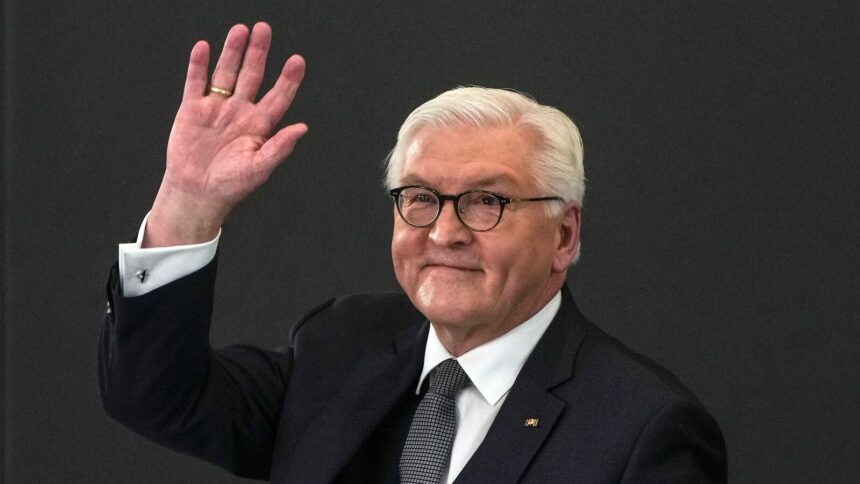Germany’s Political Landscape: Snap Elections and Coalition Dynamics
In a significant political shift, German President Frank-Walter Steinmeier has dissolved the Bundestag, the lower house of parliament, setting the stage for snap elections to be held on February 23. This decision comes after the collapse of Chancellor Olaf Scholz’s three-way coalition, a group comprising the Social Democrats (SPD), the Free Democrats (FDP), and the Greens. The coalition’s breakdown has raised critical questions about governance stability in Germany during challenging times.
The Catalyst for Change
Chancellor Scholz has found himself in a precarious position, resulting from the recent departure of Finance Minister Christian Lindner from the FDP, which stripped the government of its majority in parliament. A confidence vote held earlier this month revealed the fragility of Scholz’s coalition, which was already facing mounting pressure from various political fronts. Following the vote, which resulted in a loss of faith in the current government, the path to early elections became clear.
President Steinmeier emphasized the necessity for a government capable of effective action and reliable parliamentary majorities in his speech regarding the dissolution. He stated, "Especially in difficult times, like now, stability requires a government capable of acting," highlighting the imperative for a new leadership that can navigate the nation through pressing issues.
Election Campaign Dynamics
The upcoming elections are not merely a procedural adjustment; they present a pivotal moment for all political parties involved. Conservative challenger Friedrich Merz is gearing up to capitalize on the current turmoil, positioning himself as a solution to what he describes as excessive regulations that have stifled growth under the Scholz administration. Polls indicate that the conservatives currently hold a comfortable lead of more than 10 points over the SPD, while the far-right Alternative for Germany (AfD) is slightly ahead of the SPD as well. The Greens have fallen to fourth place in public opinion.
The undeniable presence of the AfD complicates the political landscape, as mainstream parties have consistently refused to collaborate with a party they deem extremist. However, the rising influence of the AfD poses significant challenges for coalition-building in the future, pushing traditional parties into increasingly contentious arrangements.
A Call for Fairness and Transparency
As the election campaign heats up, President Steinmeier has also urged for a campaign conducted with fairness and transparency. He cautioned against external influences that threaten democracy, drawing attention to recent incidents of manipulation in electoral processes, such as those witnessed in the Romanian elections. His comments reflect a broader concern over the impact of social media misinformation on political discourse, specifically referencing platform X.
In an era where information dissemination can significantly sway public opinion, the calls for diligence in campaign integrity underscore the importance of restoring public trust in political processes.
The Road Ahead
As Germany approaches February 23, the stakes are high. Voter sentiment is likely to shift as parties articulate their visions for tackling pressing economic issues, environmental challenges, and the social dynamics emerging in a post-pandemic world. The results will not only determine the immediate future of Germany’s political leadership but could also reshape alliances and the operational framework of government going forward.
Germany stands at a crossroads, and the forthcoming elections present an opportunity for reaffirming democratic principles while addressing the urgent need for governance that can respond to both national and global demands. As the nation prepares for this pivotal moment, all eyes will be on the political maneuvering and public responses leading up to the polls.










